I never thought I would work in emergency field. I was always into helping others and when I became a good mountaineer and climber, I asked myself whether my knowledge and skills can be put to a good, humanitarian use. Just about that time, I got a call from a friend who was in the Croatian Mountain Rescue Service (CMRS), asking weather i want to join them and became a rescuer. I was so ecstatic to get a chance. The rest is history. I’ve been a member for 9 year now and don`t plan on leaving as long as I can contribute to the organisation.
The first time you get that feeling of helping someone and most importantly saving someone`s life, you can never feel the same again. That fulfilment, sense of brotherhood with other rescuers, smiling faces and tears of joy on our faces and the face of the saved person and their family is truly a blessing. I guess all rescuers around the world are aware that even we are all just ordinary people with skills, willing to use them in rescue missions. We are also doing really serious job that awards us with best feelings possible. You could say we are constantly in search of that feeling.
My main job is primarily to lead the web page and social networks. For my job as Community Manager, alongside my colleagues, we got an award in Croatia: “Communicators of the Year 2017”. We got it for significantly making progress in talking about serious matter like Search and Rescue in funny and friendly way and changing people’s minds regarding their own safety ,as well as bringing our organisation closer to public. Our tweet warnings and comments about missions with a dose of humour (but always with serious point) got so much attention that the public started to look at ours and similar organisations much differently and more positively. If we saved just one life with that preventive task, we are happy.
As I document our courses, practices and actions, I was aware that drones were the next step in order to get better photo and video materials and to see things from a different perspective. Since we can’t fly ourselves, at least we can take our eyes to the skies. Furthermore, I saw great potential in use of drones in search and rescue missions and being a pilot is just another way of being more effective and doing more in the best interests of people in need.
Drones became an irreplaceable resource in search and rescue missions for searching, scouting terrain, reaching inaccessible locations, planning and making photo layers for digital cartography in order to better understand the situation on the terrain. Their use is getting better every day and benefits just keep popping up.
Recently our members from northern Croatia successfully used a drone to find a missing woman. As always, upon the call rescuers gather and go to the location. Mission planning starts and if needed all pilots are alerted via our alarming system to go and search the area with drones. Luckily, our colleagues managed to find the person pretty quickly using the drone, which meant less time trying to find the person on foot.
Using everything at your disposal, especially in terms of new technologies, is crucial for improving knowledge and skills. There could be some time of adjusting to new systems or practices, but eventually that pays off. Since we started using drones at least 4 people have been found using them.
There are so many rescuers in CMRS that inspire me every day. Unfortunately some of my role models are not with us today, but let’s say that every time I do something in CMRS I ask myself what would they say, would they be pleased with my work, am I good enough? And that serves as a corrective to always do my best to continue their legacy and save lives. Our organisation is 69 years old and so many great rescuers and great people passed through it. I always have great respect for all my instructors and teachers because they thought me everything about SAR. I am thanking them in the best way by teaching new members and continuing out 68-year long tradition of successful rescuing in Croatia.
One of the most memorable SAR missions that I was involved in as a leader of that particular mission is when we found a lost British person after 5 days of exhausting searching on the Island of Mljet. The conditions were harsh, blazing heat (37+C) , rocky and steep terrain with vegetation we had to cut with machetes to get to where we found the missing person. Carrying him on a stretcher for more than 5 hours in the rain and thunder shows you how small and humble we are and how hard it is to do this job. That changed the way I see statistics and how important is to never lose hope and to do everything in our power in order to rescue someone. In that mission we used 7 drones and a dozen pilots were changing daily to do as much scouting as possible. There were 100 rescuers, rescue search dogs, autonomous commanding vehicles, helicopters. To use all those resources to find one person shows how serious and willingly we do what we do.
We are not special but people like everybody else, just a bit wacky in order to do our job. We are not heroes but volunteers that do our job professionally. All you need is will and time to put in your station. Even though we have many missions in which we save lives, there are others that are not so easy on the mindset. General public perception is a bit twisted. We see so many bad things, badly injured people, death. All of that leaves scars. Luckily in those missions that end up happily erase some bad parts.

